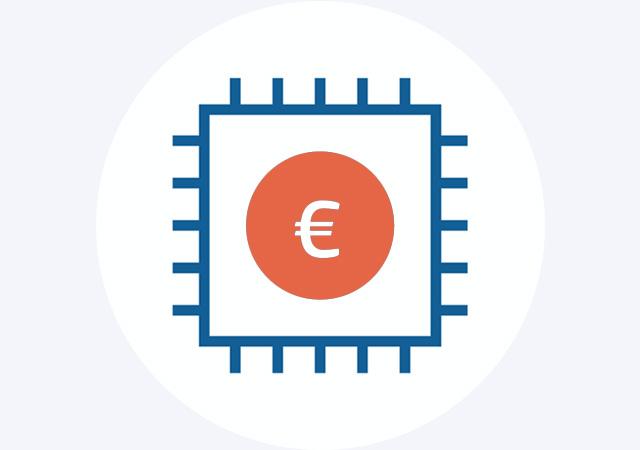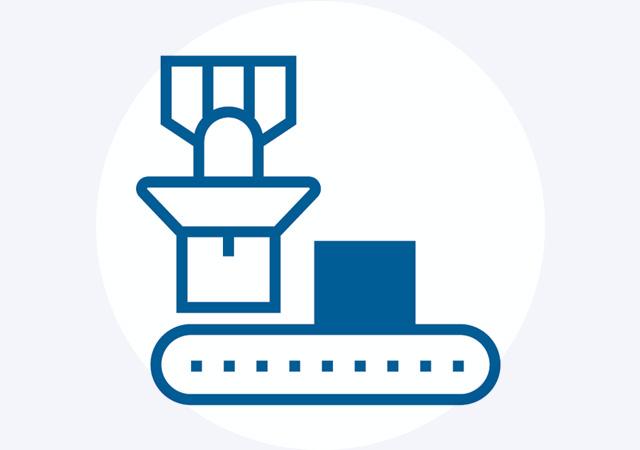The agreement found between the European Parliament and the Council on the new measures in the area of Anti-Money Laundering and Countering the Financing of Terrorism (AML/CFT) strengthens the fight against dirty money.
 EU AML Authority (AMLA) - a new EU Authority will be the central authority
EU AML Authority (AMLA) - a new EU Authority will be the central authorityCoordinating national supervisors, so the private sector correctly and consistently applies EU rules.
Enhancing cooperation among Financial Intelligence Units (FlUs), so as to improve their analytical capacity around illicit flows and make financial intelligence a key source for law enforcement agencies.
 Common EU rules for AML/CFT
Common EU rules for AML/CFTMore detailed, clearer, and directly applicable rules, which will apply more consistently and will be better enforced throughout the EU.
 EU AML/CFT rules will apply fully to crypto-currencies
EU AML/CFT rules will apply fully to crypto-currenciesAll crypto-asset service providers will have to apply EU rules, to stop crypto-currencies being using to launder money.
 EU citizens
EU citizensThey can trust in more consistent, robust EU rules to tackle money laundering and terrorist financing. They can also rely on stronger action against criminal activity, as it will no longer be possible to exploit diverging national approaches or avoid detection of illicit flows of money.
 Entities subject to EU AML/CFT rules
Entities subject to EU AML/CFT rulesMore harmonised EU rules mean a more level playing field and reduced compliance costs.
 National supervisors
National supervisorsWill have their powers clarified. Cooperation and exchange of information across the EU will be strengthened. AMLA will play a key role in supporting the work of national supervisors.
 Member State Financial Intelligence Units
Member State Financial Intelligence UnitsWill have stronger and clearer powers, underpinned by a harmonised approach for reporting suspicious transactions or activities. AMLA will support communication and cooperation between FIUs.
 Football sector
Football sectorInvestments in football clubs and transfers of players will now be under scrutiny, so that transactions involving sums of dubious origin will be detected and reported.
 Real estate
Real estatePurchases of luxury properties by companies established outside the Union will now trigger obligations to disclose their ultimate owner, making it easy for EU authorities to find out who acts behind them.
 Terrorist financing
Terrorist financingThe use of crowdfunding campaigns will now be subject to scrutiny as crowdfunding platforms become obliged entities, making it hard for sham charities to access funding, or for funds to be diverted to support terrorist activities. This will also ensure that alternative financing for legitimate purposes can flourish.
 High value vehicles
High value vehiclesTraders in luxury cars, boats and planes will have to systematically report sales of these products above certain thresholds to the Financial Intelligence Units. While this is no indication of any criminal wrongdoing, it will help authorities connect this information with other information available to them and detect any criminal nexus.

